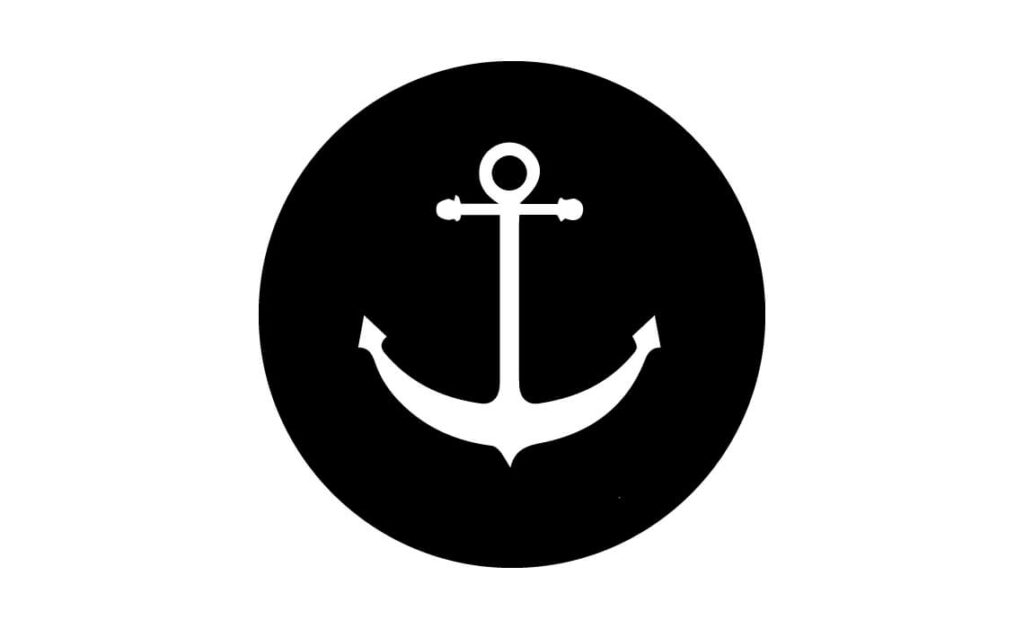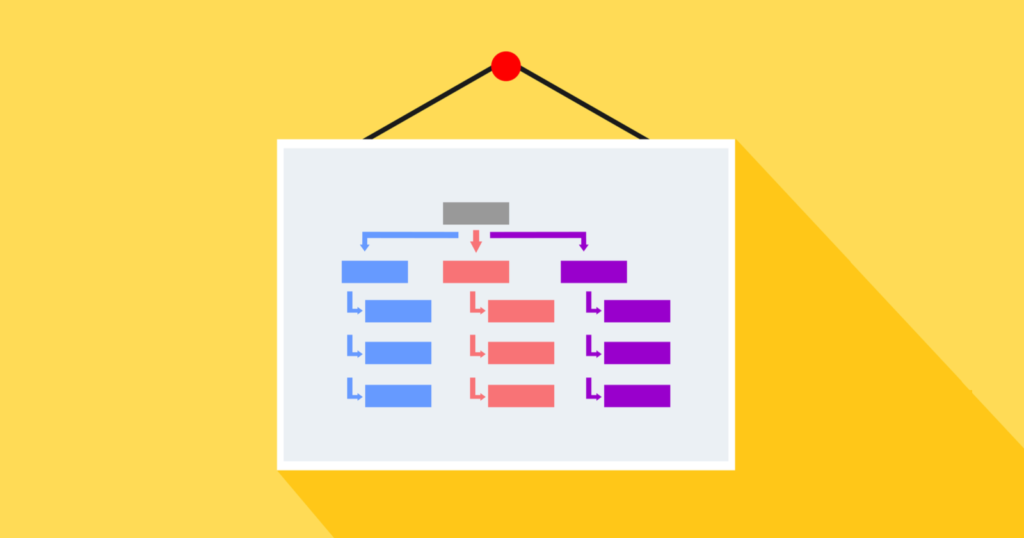What is an International SEO? Why Do You Need It?

International SEO is optimising your website’s organic searches for different countries in different languages. This does not limit the technical SEO changes that denote language and content localisation, country targeting preferences, and link-building. In most cases, International SEO refers to offering a better and customised experience to other country users. For example, the largest search […]
How To Disavow Links That Are Killing Your SEO

While backlinks mean more traffic and a boost in SERP rankings, not all backlinks are good. These bad links can actually be detrimental to your SEO efforts and need to be removed to avoid penalties from search engines. For this reason, you will need to constantly perform a backlink audit of your site to make […]
The beginners guide to canonical tags

What is a canonical tag? A canonical tag also known as ‘rel canonical’ is a snippet of HTML code placed within the <head> section of a web page that tells search engines that a specific URL contains the same content as the master copy of a page. The URL with the canonical tag specifies to […]
Importance of URL structure in SEO

URLs are the building blocks of an effective site hierarchy. They pass equity through the site and direct users to find what they’re looking for. They also help users and search engines understand what your page is about just by looking at the URL. Here are a few rules you can follow to obtain an […]
What is Schema Markup?

Schema markup, also known as Structured Data found at Schema.org, is a form of microdata that provides context to an otherwise ambiguous webpage. In simple language, what this means is that by adding schema tags to your website, Google can supplement your website’s search results with additional information in the form of Rich Snippets.This creates […]
What is a redirect?

Redirects are used to send both users and search engines to a different URL from the one they originally requested. For example, when you type www.creometric.com into your browser, the browser sends a request to our server. The server then sends your browser back to the page that was requested. Redirects are basically detour signs […]
A Complete Guide To HTTP Status Codes

HTTP status codes are like short messages from the server that tell you how things went when a request was received to view a certain page. Whenever you click on a link or type in a URL, your browser sends a request to the server to access the site you requested for. The server processes […]
What is Anchor Text? Why is it important for SEO?

What is anchor text? Anchor Text, also known as link label or link title, is the text in a hyperlink (a link that connects one webpage to another) that is often blue, clickable and underlined, such as this link to the Creometric homepage. Search engines like Google, Yahoo, or Bing use anchor text to help […]
What is a sitemap?

What is a sitemap? As its name suggests, a sitemap is a way of organising a website by submitting a text file containing a list of URLs existing on the website to search engines. They are important for SEO because they tell search engines & users the location of a page on your website, when […]
Meta Robots Directives – Parameters, Tips, and More

‘Meta Robots Directives’ is a complex term for ‘Meta Tags’. These tags contain instructions for the search engine crawler. The crawler’s job is to index or crawl a web page’s content. A file called ‘robots.txt’ keeps track of all accessible web pages. This robots.txt gives directives to the crawler bot to crawl the ‘allowed’ web […]

